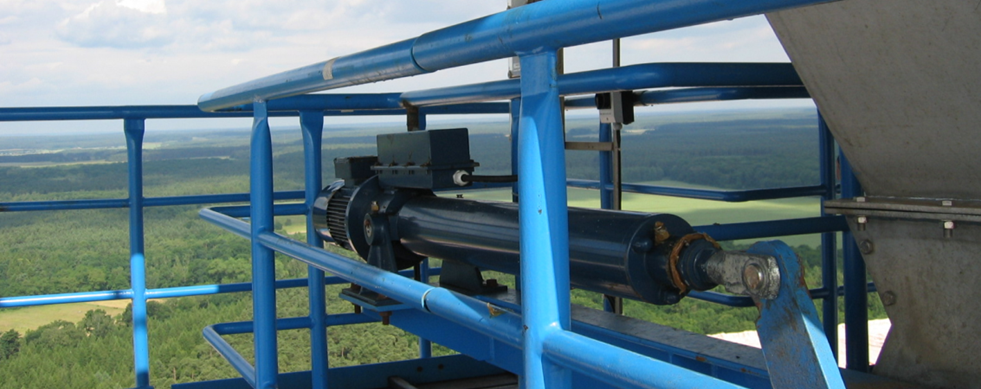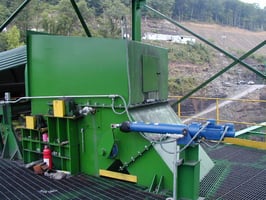Learn how RACO Electric Actuators ensure precise loading in harsh environments with innovative...
Benefits of Using RACO Electric Actuators over Hydraulic Actuators
Explore the cutting-edge advantages of electric actuators and why they are becoming the preferred choice in modern automation systems over hydraulic counterparts.
.png?width=1584&height=396&name=Untitled%20design%20(7).png) Understanding Actuators: Electric vs. Hydraulic
Understanding Actuators: Electric vs. Hydraulic
Electric actuators and hydraulic actuators are both types of devices used for converting electrical or hydraulic energy into mechanical motion. However, there are significant differences between the two.
Electric actuators utilize electricity to generate motion, while hydraulic actuators use pressurized fluid, usually oil. This fundamental difference in power source leads to various disparities in dependability, life, and functionality.
Electric actuators offer several advantages over hydraulic actuators, making them a preferred choice in many automation systems. Let's delve deeper into these benefits.
Enhanced Energy Efficiency of Electric Actuators
One of the key benefits of using electric actuators is their enhanced energy efficiency. Unlike hydraulic actuators, which require a continuous power supply to maintain pressure, electric actuators only consume electricity when in use.
Additionally, RACO electric actuators have a better energy conversion efficiency. They convert electrical energy into mechanical motion with minimal loss, resulting in reduced energy consumption and lower operating costs.
With an increasing focus on sustainability and energy conservation, the improved energy efficiency of electric actuators makes them an attractive choice for various applications.
Improved Precision and Control with Electric Actuators
Electric actuators offer reliable precision and control compared to hydraulic actuators. They can achieve accurate and repeatable positioning, with fewer system components.
RACO electric actuators offer more repeatable positional accuracy and are less prone to drift or deviation over time. This makes them ideal for applications that require precise motion control, such as robotics, industrial automation, and aerospace.
The ability to achieve precise and reliable positioning with electric actuators enhances overall system performance and productivity.
Maintenance and Environmental Benefits of Electric Actuators
Electric actuators have several maintenance and environmental benefits over hydraulic actuators. Since they do not rely on pressurized fluid, electric actuators eliminate the need for hydraulic fluid maintenance, including oil changes, filter replacements, and leak inspections.
Moreover, electric actuators produce zero emissions during operation, making them environmentally friendly. They do not contribute to air or water pollution and are suitable for applications where environmental impact is a concern.
The reduced maintenance requirements and eco-friendly nature of electric actuators result in lower operational costs and a smaller environmental footprint.
Cost Considerations: Electric Actuators vs. Hydraulic Actuators
Hydraulic Actuators will have higher long-term maintenance costs due to the need for regular maintenance of seals, leaks, piping, oil changes, and other issues that may arise. Electric Actuators will have lower maintenance costs, with fewer moving parts and are less likely to fail due to mechanical or electrical reasons.
Hydraulic Actuators tend to have higher operational costs due to energy consumption and potential losses in the hydraulic system. Electric Actuators have lower operational costs, with higher overall system efficiencies and only consume energy when needed.



